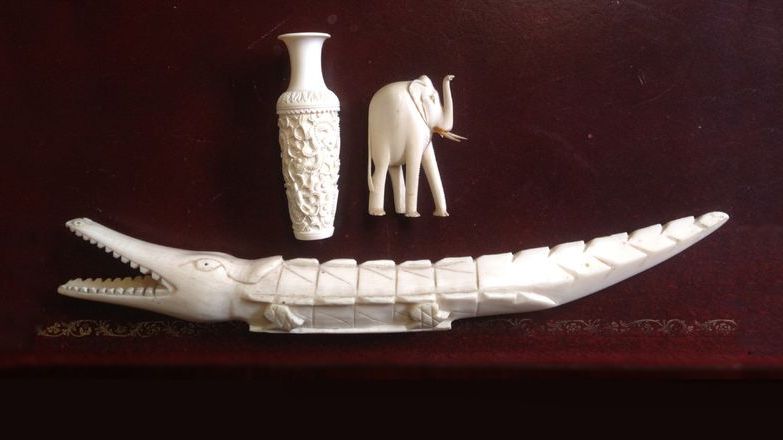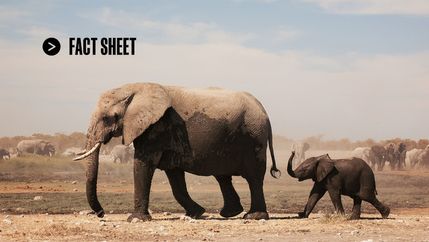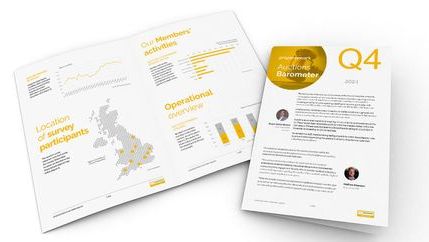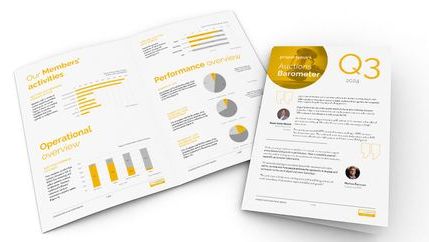
The Department for Environment, Food and Rural Affairs announcement, which follows an extensive public consultation, came into force on 23 May 2023 and is an extension to the Ivory Act 2018 which came into force on 6 June 2022.
The Act created a near-total ban on the import, export and dealing of items containing elephant ivory and the extension covers ivory from a further five endangered species listed under the Convention on International Trade in Endangered Species of Fauna and Flora (CITES), which regulates their trade internationally, and hippopotamus, walrus and sperm whale are listed as vulnerable on the International Union for the Conservation of Nature (IUCN) red list.
Hippopotamus is the species most at risk from the trade in its ivory after elephants. The other species are already threatened by climate change, and the continuing trade in their ivory may exacerbate these threats and make their long-term survival less likely.
It is illegal to deal in items containing, or made of, ivory under the Act— unless the items are registered or certified as exempt. By covering ivory items of all ages and adopting narrow exemptions, the UK’s ban will be one of the toughest in the world.
Ivory Act guidance
The Act applies in England, Wales, Scotland and Northern Ireland. Propertymark has produced a comprehensive fact sheet for members to download which contains key information agents need to know to be compliant.
Fact sheet: Ivory Act 2018
The purpose of the Ivory Act is to prohibit commercial activities concerning ivory in the UK and the import and re-export of ivory for commercial purposes to and from the UK. This includes intra-EU trade to and from the UK.





